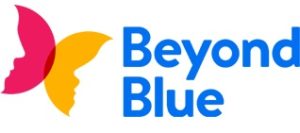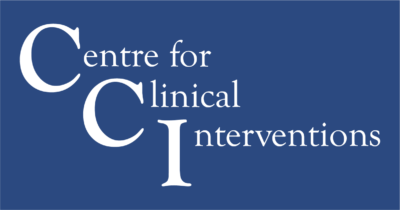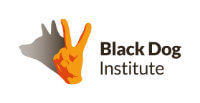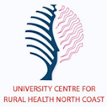Self-help resources are informational guides or tools focused on helping people take care of their own mental health and wellbeing independently. They often provide advice and strategies on how individuals can cope with stress, worry, and other issues to cope with everyday issues in healthier ways. With the ongoing mental health crisis, and long wait times for professional help, many people are looking online for self-help.
There are many articles available online listing self-help strategies, proclaiming their quick tips for selfcare. Whilst these are well-meaning, many are not supported by research. It is important to consider the credibility and quality of self-help resources to ensure they are safe before recommending them to clients. This includes identifying who has developed the material, why, and the evidence behind it. This information will be found in the About Us section or FAQs on reputable sites.
It can be difficult for health practitioners to identify safe self-help resources. However, many trusted digital mental health services are recognising the need for self-help resources and are creating their own versions. These services have developed online programs backed by substantial research so their self-help resources provide credible and evidence-based information.

MindSpot Clinic
The Big Five
https://www.mindspot.org.au/info/the-big-five/
The Big Five is a self-help resource created by MindSpot Clinic recommending simple activities to improve everyday mental health. Based on studies showing that people who do certain activities regularly tend to have better mental health than those who don’t do these activities. MindSpot has conducted research to identify the five types of activities individuals can do daily to improve and maintain psychological health, as well as a self-assessment sheet to determine progress.

MindSpot Clinic
Resource Library
https://www.mindspot.org.au/resource-library
MindSpot have also developed a range of resources on other topics. This include: healthy sleep habits, substance misuse, worry time guide, activity scheduling, self-care plan, parenthood resources, coping with a natural disaster, dealing with depression or anxiety, relationships and stress.

THIS WAY UP
Coping and Resilience Tools
https://thiswayup.org.au/coping-and-resilience-tools/
THIS WAY UP has developed a range of tip sheets on coping and resilience for individuals going through a tough time. They are available in multiple languages and include tips for calming emotions, effective ways to express yourself and steps for tackling problems. These resources were developed by experts and are research-based.
Black Dog Institute
Resources and support
https://www.blackdoginstitute.org.au/resources-support/
Black Dog Institute has produced a range of mental health resources and support tools that you can trust knowing that everything they produce is research-informed and recommende by professionals.

Beyond Blue
Tips and Strategies
https://www.beyondblue.org.au/personal-best/pillar/wellbeing
The Beyond Blue website is a great informational resource for learning about mental health conditions and building a greater understanding of mental wellbeing. Their website also includes tips and strategies individuals can utilise to take care of their own mental health and wellbeing. These tips include suggested activities, guidance and inspiration on finding balance and navigating the ups and downs of life.

Centre for Clinical Interventions
Self-help workbooks
https://www.cci.health.wa.gov.au/Resources/Looking-After-Yourself
The Centre for Clinical Interventions (CCI) conducts clinically applied research, provides training and supervision for clinicians and delivers treatment to adults suffering from mood, anxiety and eating disorders. The CCI has developed a number of free information sheets and workbooks for common psychological problems. Their resources focus on mood disorders, anxiety disorders, eating disorders, and problems with assertiveness, procrastination, perfectionism, and low self-esteem. Resources are intended for consumers and for mental health professionals.





